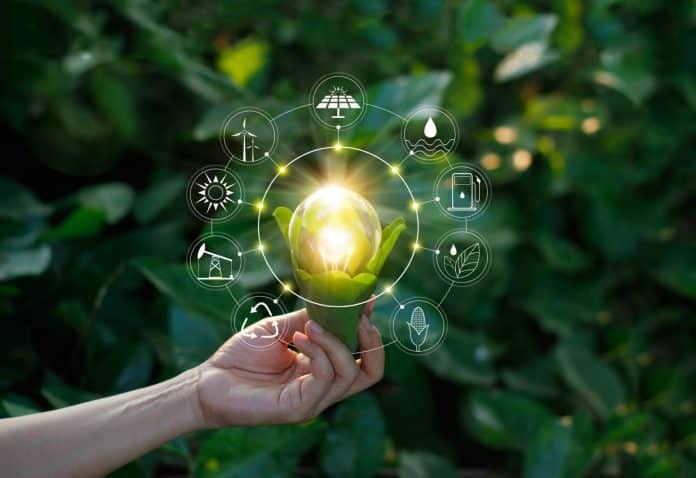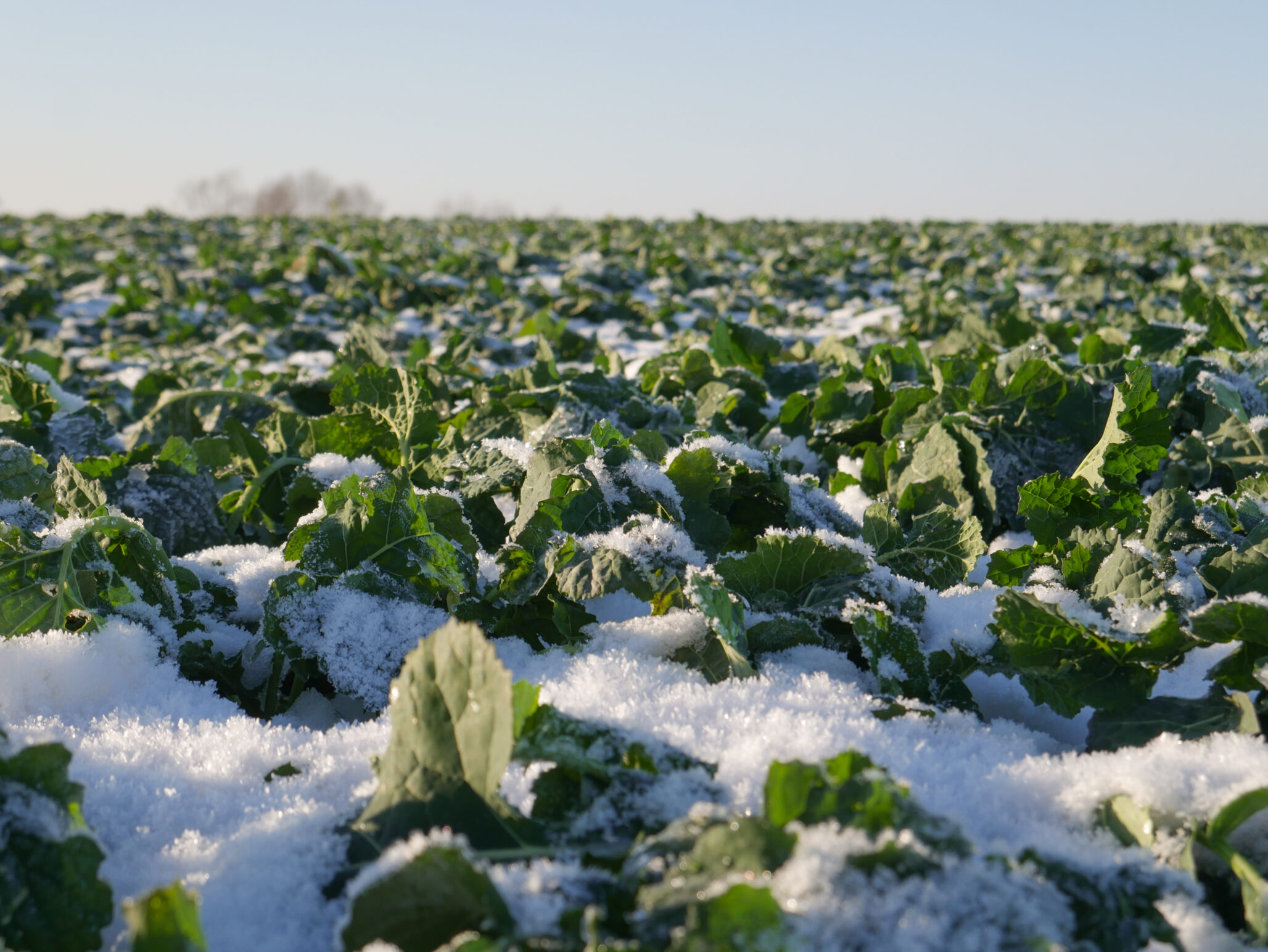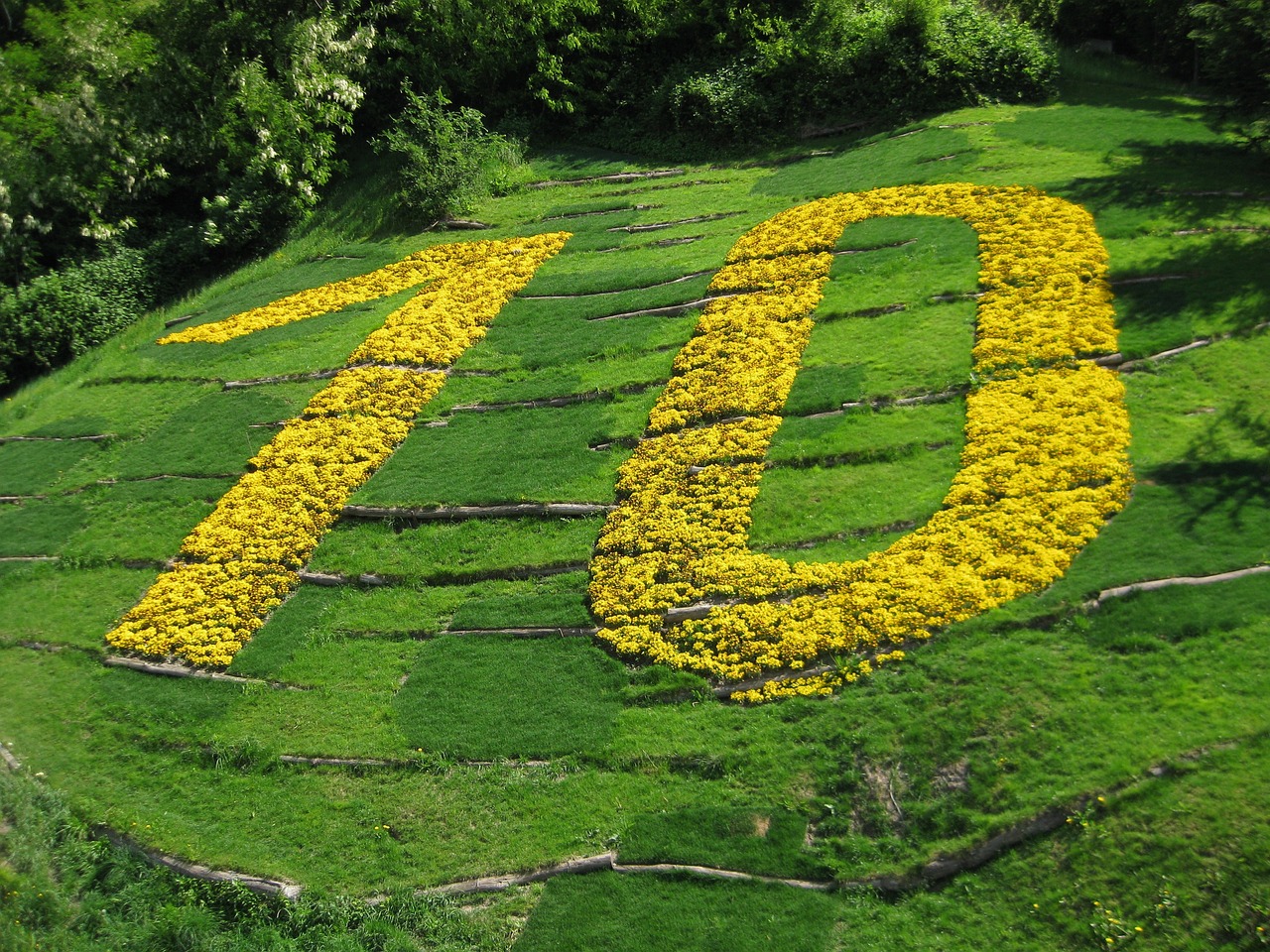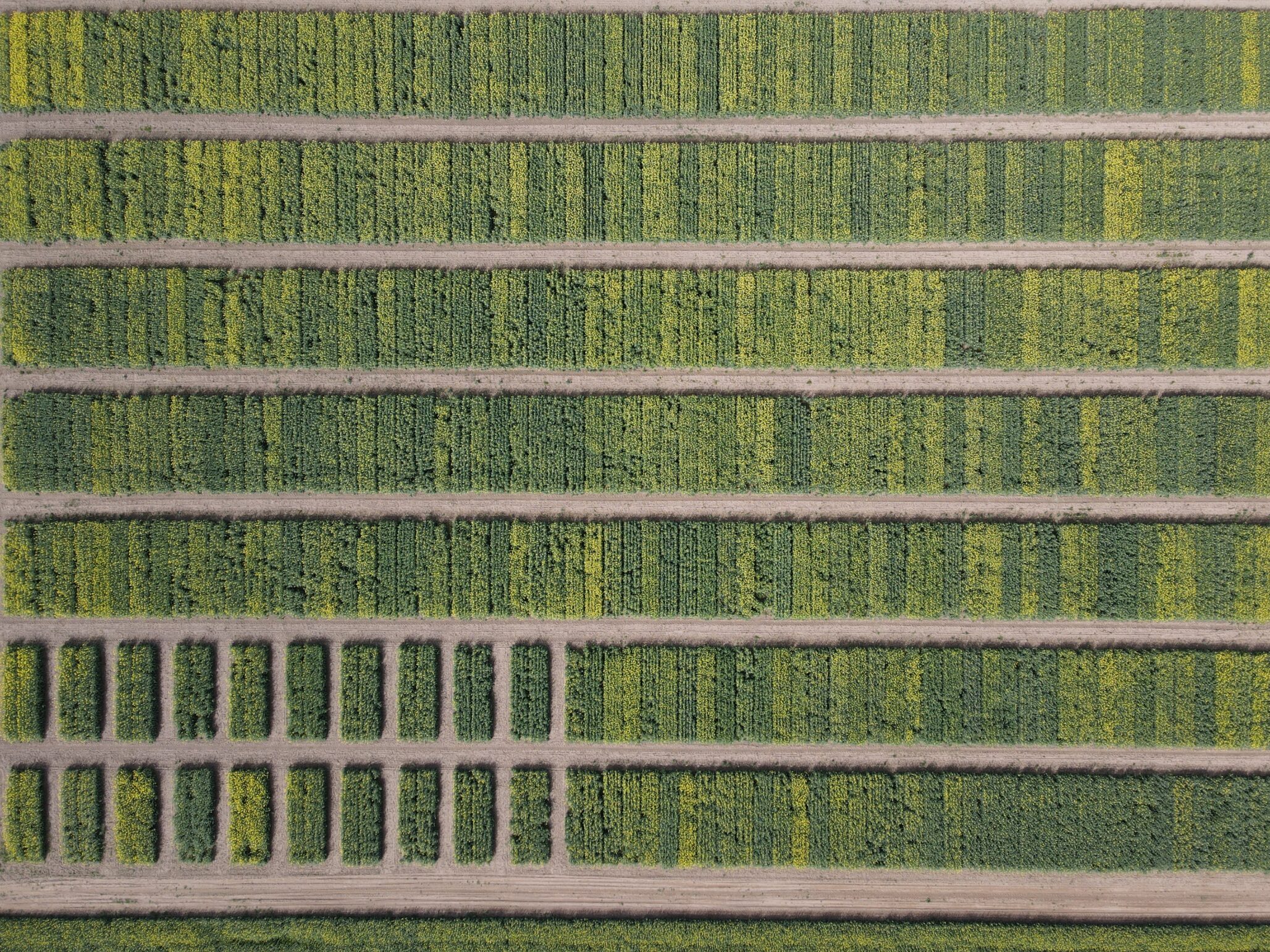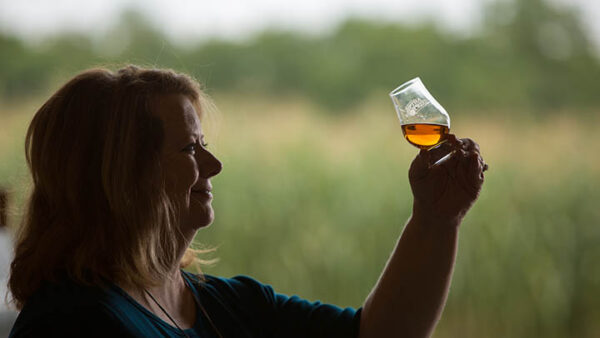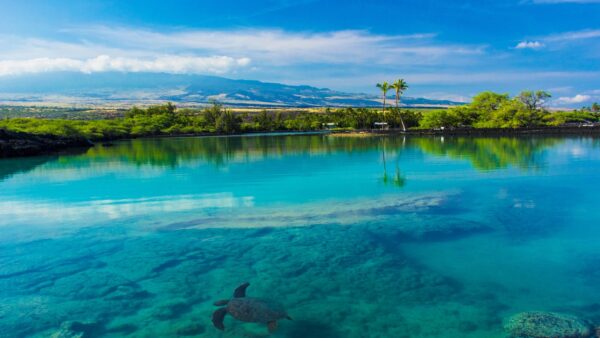Lidea is stepping into the world of carbon neutrality by introducing a range of multi-species cover crops, allowing farmers access to carbon credits as part of the low-carbon label. In the coming months, the seed company will involve its partner seed multipliers in this sustainable initiative.
I would like to shed some light on the low-carbon concept that we recently presented during the ‘Produrable’ trade show in France in mid-September.
During this trade show we dove into the topic of low-carbon agriculture. Unlike cooperatives and some other agricultural entities, seed companies have been relatively quiet on this front. However, we, at Lidea, decided it was time to step up and address this issue. Since the new entity’s establishment, environmental concerns and the carbon challenge have been among the key drivers.
We enter into the world of carbon neutrality by introducing a range of multi-species cover crops, which not only enrich our environment but also allow farmers to access valuable carbon credits within the framework of the low-carbon label. At least 75 per cent of the carbon credits generated will go directly to our dedicated farmers. The remaining portion will support organizations such as CarbonApp, which has been a trusted partner for nearly a year, helping us align our approach with the carbon label’s methodology for field crop farming or cover management expenses. Over the next few months, we aim to extend this sustainable initiative to our partner seed multipliers.
Cover crops play a pivotal role in reducing the carbon footprint associated with fertilization. It’s important to note that ammonia production demands significant energy, often sourced from Russia. They also have a capital role in carbon storage in the soil. Preliminary estimates suggest that these cover crops could store approximately 0.8 tons of carbon per hectare each year. We emphasize not only the ecological benefits of these cover crops but also the agronomic advantages in terms of soil health preservation, soil structure protection, and biodiversity enhancement.
Our initiative is currently in the early stages of its launch, so it is not yet available to all distributors. Euralis Cereals stands among our pioneers. In parallel, we have another ambitious project, involving our seed multipliers in the low-carbon label. We have farmers who produce seeds for us, and we want their entire operations to be deeply committed to this label.
As of now, our initiative is primarily focused on France, but Lidea has plans to extend its reach to other markets in the future.


